The AI system AlphaGo discovered strategies in the game of Go that human beings didn't even know that they didn't know. AI then is capable of discovering both known unknowns and unknown unknowns in fields from games to protein folding. Hall and Vold here argue we should therefore not only see AI as a tool, but as a teacher. We should learn new ways to think from AI, not only focus on its outcomes. We should learn how the AI beat us at Go, rather than just lamenting our defeat.
This is part 2 of a 2-part series on AI and Human Creativity. Read Part 1 on the dangers of AI to human creativity by Armin Schulz.
Contemporary Artificial Intelligence (AI) systems can not only outperform humans in certain tasks, but they are also able to do things that humans have not yet figured out — such as identifying entirely new strategies to beat World Champions at the strategy game Go. As intellectual work that was once uniquely human is increasingly performed by machines, popular literature on the present and future of AI tends to focus on ethical concerns of bias and fairness, misinformation and fraud, human replacement, and alienation. While there is plenty to worry about, there are also reasons for optimism. AI is moving from simply being faster and more powerful at processing information in otherwise human-discovered domains of knowledge to actively expanding those domains. We now need to try to understand and learn from our machine counterparts because they are our best bet for solving pressing real-world problems.
SUGGESTED VIEWING AI is a mirror on humanity With Shannon Vallor
The idea of learning from machines is not new. Several early 20th century developmental psychologists, most notably Jean Piaget and Lev Vygotsky, were keenly interested in methods of learning with external aids. Discussions in contemporary philosophy of cognitive science have used these ideas to support ‘situated views’ of cognition — views that emphasize the extent to which the human mind is embodied, embedded, and extended into the world beyond the biological brain. During the height of the Cold War, there were notable efforts to develop ‘teaching machines’ in both the US and the USSR. Prominent thinkers like psychologist B.F. Skinner promoted the idea that machines could efficiently train masses of students. These ideas were intertwined with the birth of cybernetics, a field whose emphasis on feedback and automated control in human and computer systems was attractive to many Cold War technologists. But none of this work explicitly develops a view of how we could use contemporary machine learning systems as external devices to scaffold human learning.
One very basic and yet key observation of human learning is that we often learn from one another. At school, teachers help us to acquire skills like reading and mathematical reasoning. Vygotsky conceptualized this learning process as taking place between a more knowledgeable other (MKO) and a child learner. The MKO provides scaffolding for the child learner, lending support where the child cannot yet accomplish a task on their own. In Vygotsky’s model, the MKO gradually reduces guidance and support as the child acquires greater understanding of the target task. Vygotsky identifies this phase of skill acquisition as the zone of proximal development (ZPD), which is perhaps his most famous contribution to developmental psychology. In this ZPD, a child still needs support — or scaffolding — for a particular task, but gradually requires less and less support, until the child has mastered the task enough to perform it independently.







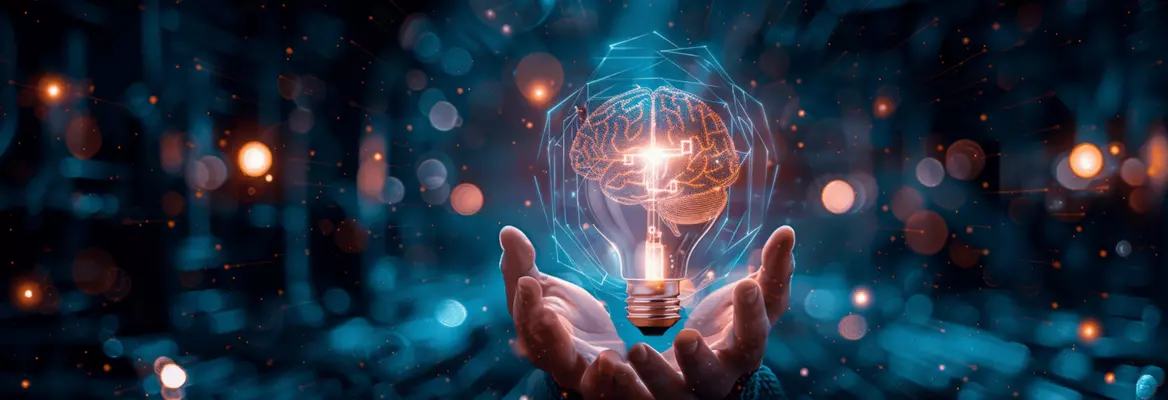

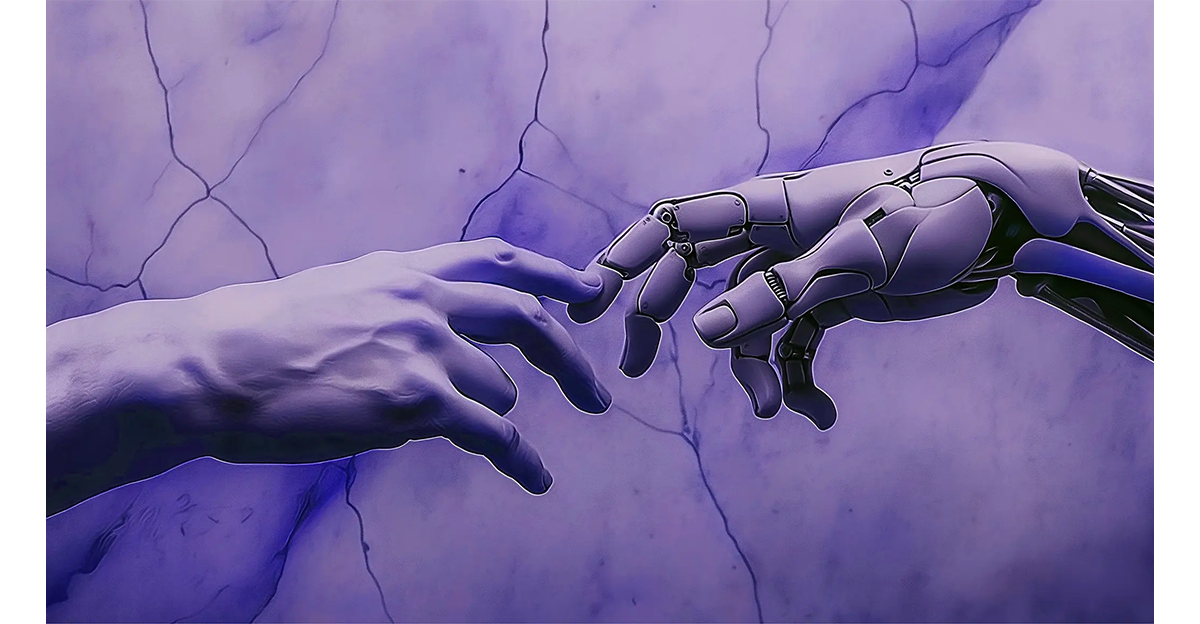


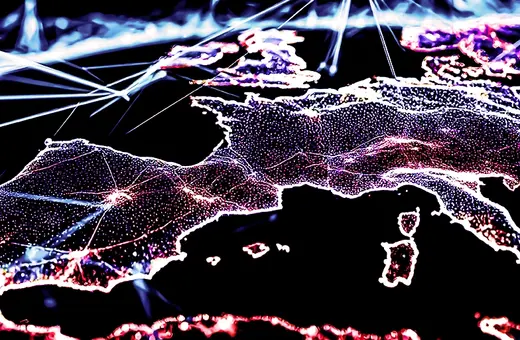
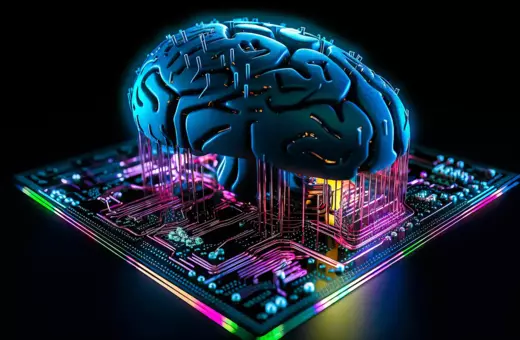
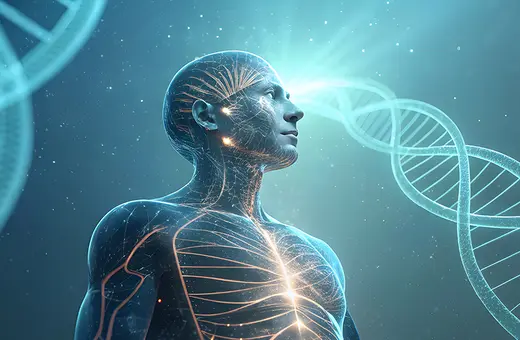


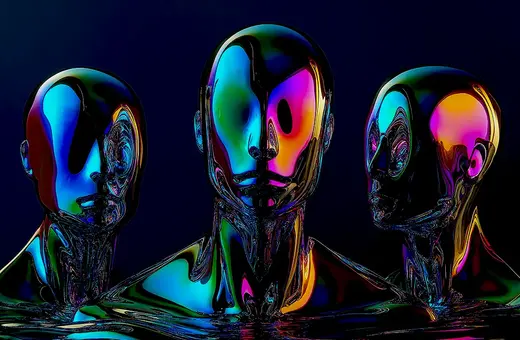




Join the conversation